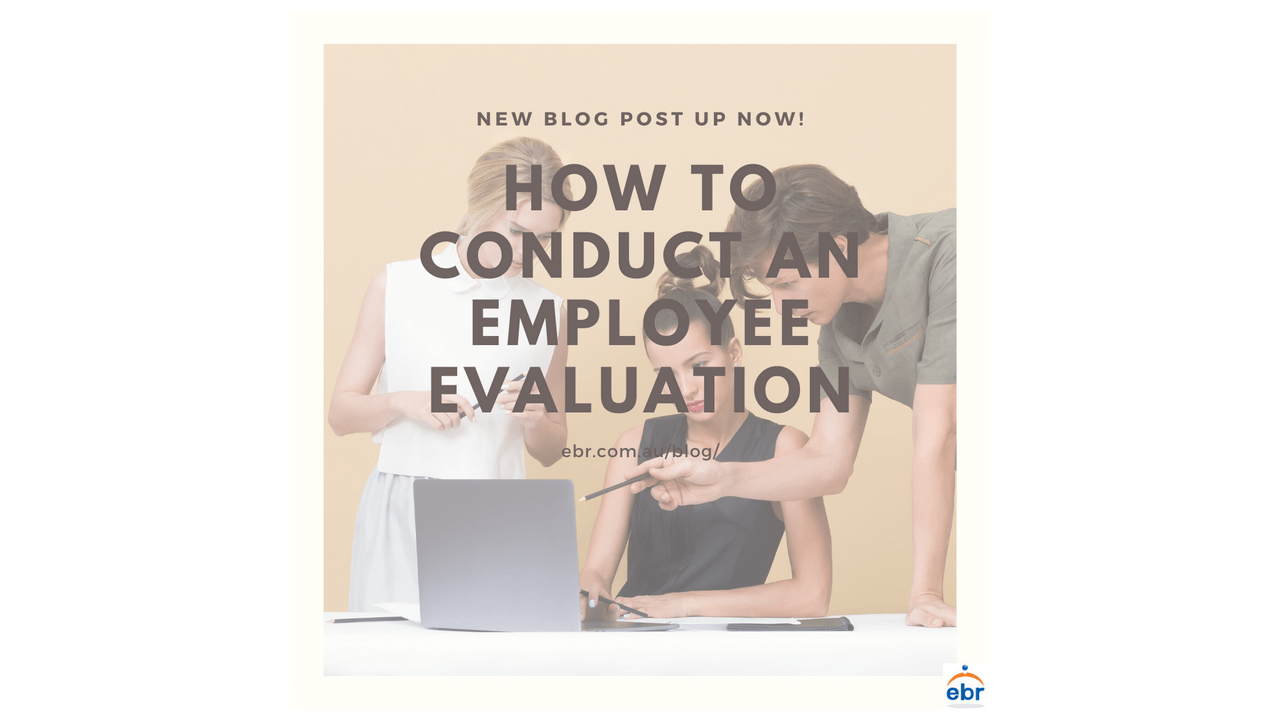How to Conduct Employee Evaluation
While employee evaluation can be difficult to carry out, it is often a very effective method of improving employer and employee collaborations, understanding employees’ flaws, applauding their accomplishments and planning for the future. However, if employee evaluation is conducted poorly, then employees can feel confused and dissatisfied with their feedback. So here are some tips that will help ensure your next employee evaluation is conducted effectively.
Be clear and straightforward
Be sure to make clear and concise remarks about the employee’s work to avoid any kind of confusion or miscommunication. A good way to ensure clarity and mutual understanding is to use specific numbers or examples to help the employee remember certain instances. For example, if you want to talk about an employee’s lack of punctuality, then have numbers ready to give to them to prove that they have been late too often. Or if you want to talk about future projects, then make sure you have specific goals, obligations and time frames already laid out for the employee to fulfil. That way, your message is clear and employees can better understand your expectations.
Give them a copy of the evaluation
It is great to tell your employee everything that you had intended to during the meeting, but it may not be effective if you do not give them some kind of form detailing all of your feedback. If you miss out on giving them a copy of the evaluation form, then employees will easily forget certain points of the evaluation, which leads to the likely repetition of them. So make sure that you and your employee both have copies of the evaluation so that they can be clear on your expectations. It is also recommended to give digital copies of the form so that they cannot lose it easily.
Prepare your evaluation in advance
Avoid preparing your evaluation last minute, or even worse, winging it during the actual session. Employee evaluation is a crucial time period for both employers and employees to reflect on employee’s work and how they can improve on it. So it is imperative to prepare feedback beforehand so that you have the right amount of time to think over your points and adjust them if needed. Furthermore, writing down your feedback ahead of time will also prevent you from forgetting any important points during the session. That way, you can give the most thorough review possible.
Keep the evaluation a two way conversation
While an employee evaluation focuses on you giving feedback, it should still be a two way conversation. Allow your employee to ask questions and assess themselves as well. By encouraging your employee to also speak up and voice their own opinions, you learn more about the employee’s perspective and their opinion of their own strengths, weaknesses and how they can improve. By doing this, you can further improve your own evaluation of them. For example if they suggest a different way that they can improve, then you can incorporate their idea into your future plans for them.
Focus on the future
Don’t forget to also add in what you want to see in the future as well. Once the evaluation of past performances is completed, you should talk about future goals and how they can achieve them. This way, employees will feel a sense of purpose and optimism going into the future.



